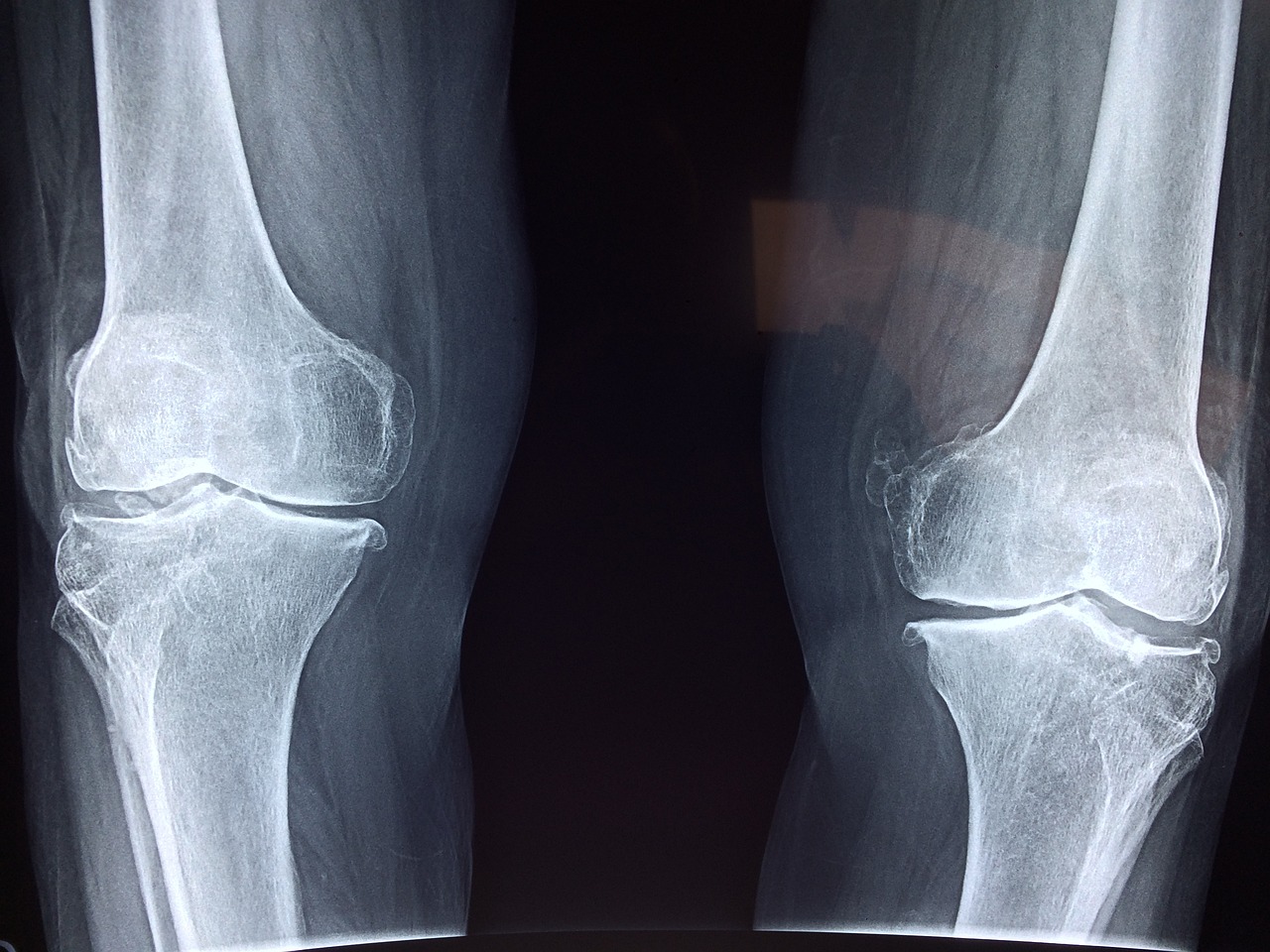Article Title:Academic general practice in Manchester under the early National Health Service: A failed experiment in social medicine
Abstract:
During the Second World War, medical academics hoped to reform medical practice and education in Great Britain, increasing doctors' sensitivity to the social and environmental causes of ill health and orientating them towards prevention. At the start of the National Health Service (NHS), central planning aimed to raise the status of isolated urban general practitioners (GPs) by grouping them in an experimental health centre. This offered a locus for social medicine, encouraging cooperation and research with local authority staff(nurses, midwives, and social workers). The Manchester case study confirms that health centre working could not be disseminated while conditions for teamwork were absent elsewhere. The failure of academic planning can be attributed to a top-down approach upon demoralized urban practice. While the participants did not form an autonomous group, economic incentives drove the growth of group practice elsewhere and made health centres superfluous to government. The College of General Practitioners developed in parallel, offering an alternative path towards an academic discipline. The case study also suggests a relationship between the emergence of groups and a psychological orientation in practice. A patient-centred model became important within teaching and gave identity to the discipline, but it probably had little impact on everyday practice.
Keywords: health centre; medical education; National Health Service; social medicine; general practice; group practice; College of General Practitioners; academic discipline; patient-centred model
DOI: 10.1093/shm/13.1.111
Source:SOCIAL HISTORY OF MEDICINE
Welcome to correct the error, please contact email: humanisticspider@gmail.com



